
- •Theme I. Introductory course
- •1. 2. 3. 4.
- •American English
- •Differences in the spelling of American English and British English
- •What would you say?
- •Unit 2. My Biography Моя биография topical vocabulary
- •Introductory text My Biography
- •Compare
- •Remember!
- •Topical vocabulary
- •Introductory text
- •Volga State Academy of the Physical Culture, Sports and Tourism
- •Vocabulary exercises
- •Unit 4. Working Day of the Student of the Volga State Academy of the Physical Culture, Sports and Tourism Рабочий день студента Поволжской Академии Физической культуры, Спорта и Туризма
- •Topical vocabulary
- •Introductory text Working Day of the Student
- •Vocabulary exercises
- •6. 7.8.
- •Unit 5. Our English Lesson Урок английского языка
- •Topical vocabulary
- •Introductory text Our English Lesson
- •Vocabulary exercises
- •Questionnaire
- •Vocabulary exercises
- •Theme II. Tourism Unit 1. What Tourism is
- •Topical vocabulary
- •Introductory text What is Tourism?
- •Vocabulary exercises
- •Text for written translation World tourism statistics and rankings
- •Most-visited cities by international tourist arrivals
- •Unit 2. History of Tourism. Topical vocabulary
- •Introductory text History of Tourism
- •Vocabulary exercises
- •Unit 3. Types of Tourism topical vocabulary
- •Introductory text Types of Tourism
- •Vocabulary exercises
- •Text for written translation United States of America Outline of geographical position, climate, states of the usa
- •Curious reading
- •Introductory text What is culture?
- •View on culture as a process (by Mc Grew)
- •Vocabulary exercises
- •Text for written translation Language and Culture
- •Unit 2. Russian Culture
- •Topical vocabulary
- •Introductory text What Russian Culture is
- •Vocabulary exercises
- •Pattern I
- •Pattern II
- •TexTs for written translation
- •Russian Architecture
- •Modern Music
- •Russian unofficial Symbols
- •Russian Internet
- •Russian Holidays
- •Funny reading
Vocabulary exercises
Exercise 2. Read the words and word combinations and give the Russian equivalents from the right-hand column.
1. recreational facilities a. курорт
2. at leisure b. места отдыха и развлечений
3. purpose c. рост, развитие, прирост
4. wealthy d. на досуге
5. distant relatives e. обретать снова, выздоравливать
6. French cuisine f. намерение, цель
7. resort - g. спад, снижение
8. growth h. богатый, состоятельный
9. recover i. замедление, снижение темпа
10. recession j. дальний родственник
11. slowdown k. жизненная энергия
12. vital power l. французская кухня
Exercise 3. Read and translate the words and word combinations.
1. leisure – at leisure – leisure time – to be at leisure;
2. purpose – on purpose to – I purpose to go to Moscow – purposeful;
3. distant – distant relatives – five miles distant – distant centuries – distance;
4. coastal – coast – coastguard – coast line – the coast is clear – coastal traffic;
5. growth – grow – full growth – to grow in experience
Exercise 4. Translate the following words and word combinations into English.
на досуге; свободное время; намерение, цель; окружение, окружающая обстановка; кухня; французская кухня; береговой; курорт; обретать снова, выздоравливать, регенерировать; потеря, пропажа, утрата, урон; спад, снижение; страдать, испытывать, терпеть; узнавать, признавать, выражать одобрение; необходимый, ценный, существенный; количество, сумма; много работы; доступный, имеющийся в распоряжении; считать, рассматривать, отчитываться, отвечать; полный, общий, всеобщий; благоприятная возможность, удобный случай
Exercise 5. What sights do you like? Why?
1.
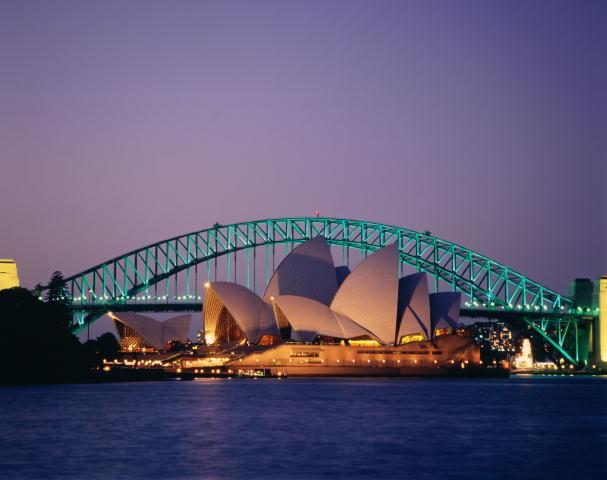 2.
2.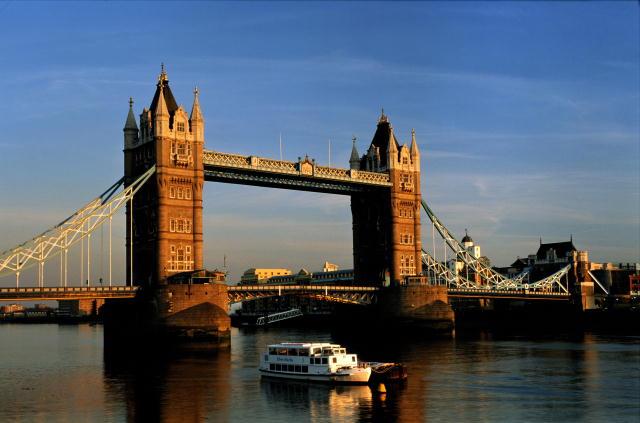
3.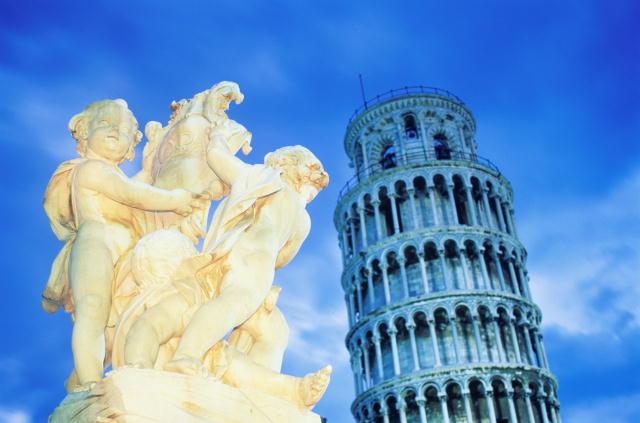 4.
4.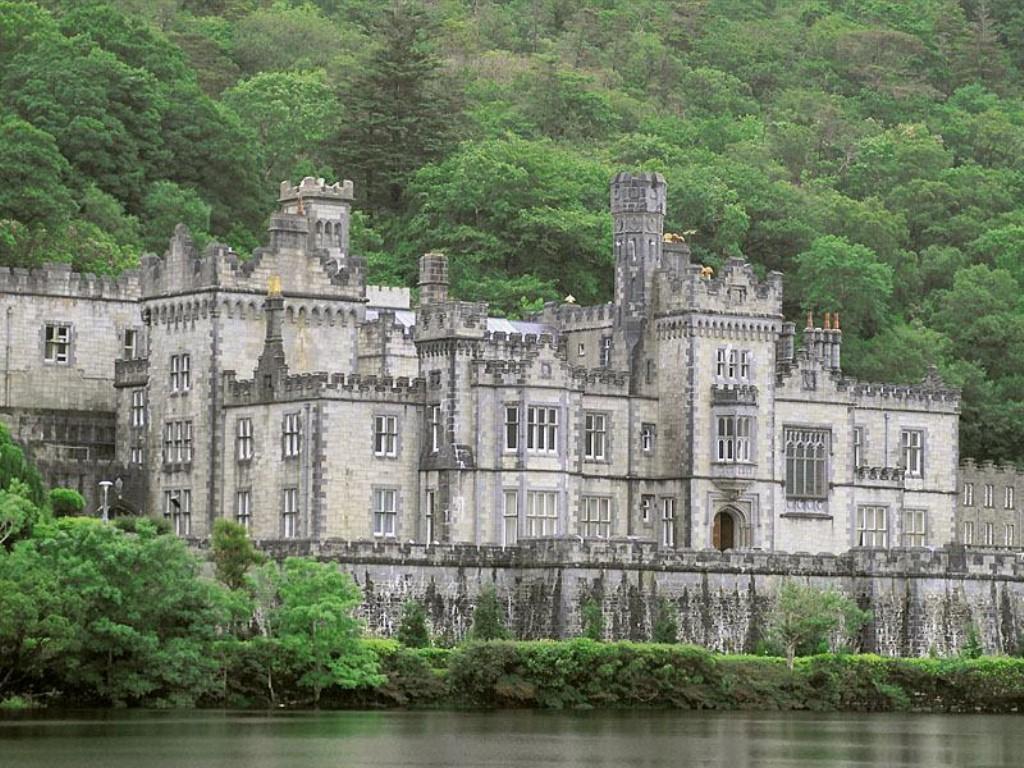
5.
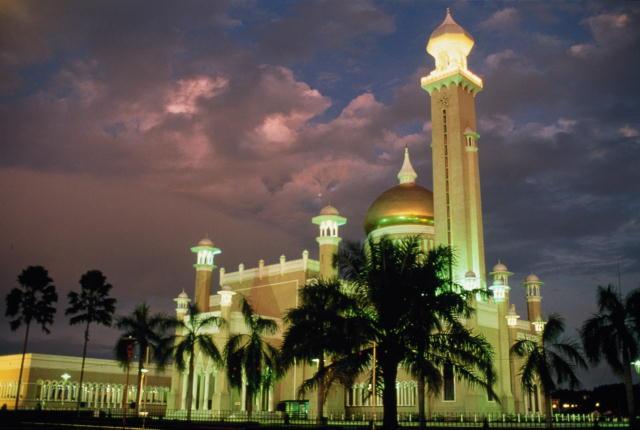
Exercise 6. Translate the following sentences.
1. Long ago, at the time of the Roman Republic, places such as Baiae were popular coastal resorts for the rich.
2. Tourism has become a popular global leisure activity.
3. In 2011, international travel demand continued to recover from the losses resulting from the late-2000s recession, where tourism suffered a strong slowdown from the second half of 2008 through the end of 2009.
4. Tourism is important, and in some cases, vital for many countries.
5. Theobald (1994) suggested that «etymologically», the word tour is derived from the Latin, 'tornare' and the Greek, 'tornos', meaning 'a circle; the movement around a central point or axis'.
6. In 1976, the Tourism Society of England's definition was: «Tourism is the temporary, short-term movement of people to destination outside the places where they normally live and work and their activities during the stay at each destination. It includes movements for all purposes».
Exercise 7. Make up sentences using the table.
-
1. Tourism
2. Tourists
are
is
a. ……. people traveling to and staying in places outside their usual environment for not more than one year for leisure, business and other purposes.
b. …….. a popular global leisure activity.
c. …….travel for recreational, leisure or business purposes.
d. ……. important, and in some cases, vital for many countries.
Exercise 8. True or False statements.
1. Long ago, at the time of the Roman Republic, places such as Baiae were popular coastal resorts for the rich.
2. Tourism hasn’t become a popular global leisure activity.
3. In 2012, international travel demand continued to recover from the losses resulting from the late-2000s recession, where tourism suffered a strong slowdown from the second half of 2008 through the end of 2009.
4. Tourism brings in large amounts of income in payment for goods and services available, accounting for 30% of the world's exports of services, and 6% of overall exports of goods and services.
5. In 1994, the United Nations classified two forms of tourism in its Recommendations on Tourism Statistics: domestic tourism and outbound tourism.
6. The developments in technology and transport infrastructure, such as jumbo jets, low-cost airlines and more accessible airports have made many types of tourism less affordable.
Exercise 9. Find the sentences in the text about.
1. definition of tourism
2. definition of tourists
3. purpose of tourism
4. classification of tourism
Exercise 10. Finish up the sentences.
1. Tourism is…….
2. Wealthy people have always travelled…….
3. The word tourist was used……..
4. In 2011, international travel demand continued……
5. Tourism brings…….
6. Domestic tourism involves……..
7. The developments in technology and transport infrastructure, such as jumbo jets, low-cost airlines and more accessible airports have made ………
8. Long ago, at the time of the Roman Republic, places such as Baiae were……….
9. Tourism also creates……..
